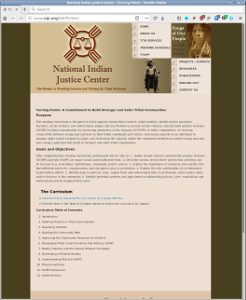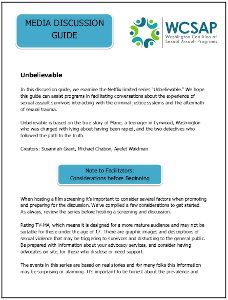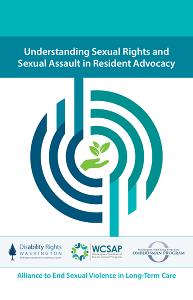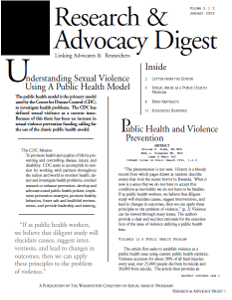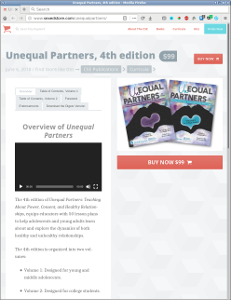As advocates we help survivors navigate responses to trauma on a daily basis. We are used to working with survivors one-on-one to deal with responses like anger, disassociation, anxiety, fear, guilt, difficulty concentrating, and low self-esteem. However, when these same responses show up in the midst of a support group it can feel challenging.
This 90-minute training will address ways to not only support survivors experiencing trauma responses during group sessions, but to plan for…
